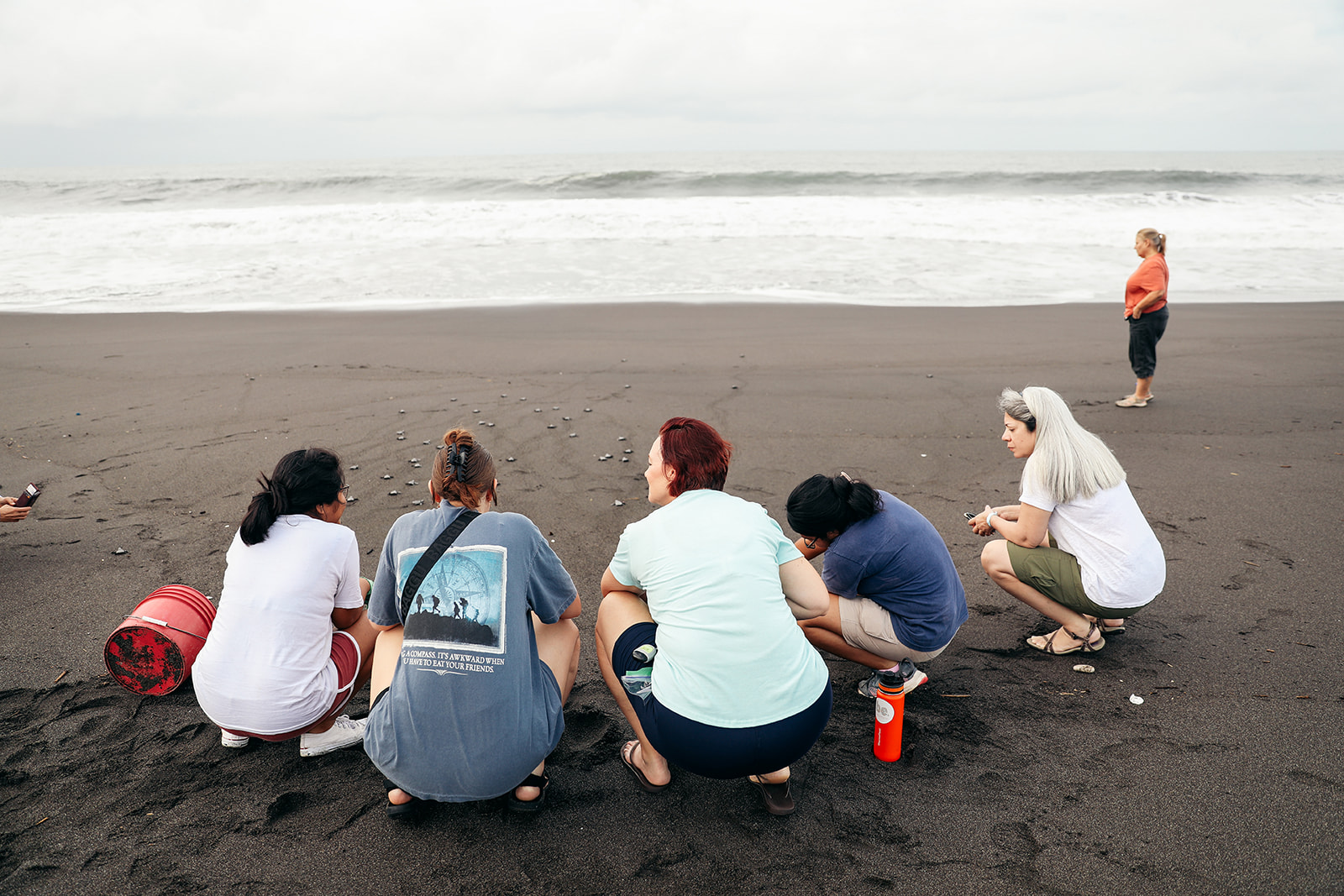Innately wired for connection, human beings thrive as social creatures. At the heart of our existence lies the innate need for respect, dignity, and love. The pervasive influence of an idealized, flawless life portrayed on the internet has driven a growing number of individuals toward social media, seeking love and acceptance. This quest for perfection extends to body image, leading some to resort to cosmetic surgery in an attempt to embody societal standards.
In 2020, the United States witnessed over 7 million cosmetic surgeries, surpassing countries like Brazil, China, and Germany, as per Statista’s annual statistics. Notably, around 39 percent of these procedures were performed on individuals aged between 35 and 50.
The impact of the pandemic has prompted introspection, with many channeling their focus towards personal appearance. Research indicates a surge in cosmetic procedures during the lockdown, as revealed by Cosmetic Surgery 2022. The prevalence of Zoom meetings has added an unspoken pressure to present a ‘Zoom perfect’ image.
Dr. Edward Reece, a prominent figure in the field, notes, “[Since] 2020, [we have seen] a surge in the plastic surgery industry of the United States.” The increased use of video technology heightened people’s self-awareness in public appearances, while remote work provided more opportunities for elective surgery and recovery.
While a segment of society pursues an elusive perfection, a significant number grapple with mental health issues such as anxiety, depression, and bipolar disorder. True connection, however, stems from intrinsic acts of service and kindness, transcending the superficial concerns of physical appearance.
Contrary to popular belief, meaningful connections can be cultivated without resorting to surgical interventions. Let’s explore alternative avenues for connecting with the world.
Humanitarian Getaway to Guatemala
Be Humanitarian offers Service Vacations that seamlessly blend exciting adventures with community service. Volunteers engage in activities such as assisting preschool children, supporting local schools, and contributing to nutrition programs. From delivering backpacks to filling shelves with books, volunteers actively participate in community betterment.
During leisure time, participants can:
- Explore diverse parts of Guatemala
- Hike up a volcano and enjoy roasting marshmallows on hot pockets in the lava
- Visit Lake Atitlan
- Explore the ruins in Antigua
- Visit the black sand beach
- Shop at local markets
- Foster meaningful relationships
- Create lifelong memories and share laughter
In October, volunteers even get the chance to release baby turtles into the ocean—a truly unforgettable experience. Visit https://behumanitarian.org/trips/ for details on upcoming life-changing trips.
Sponsor a Child
Guatemala faces one of the highest child malnutrition rates globally, with nearly half of children under five experiencing chronic malnutrition, as per UNICEF. Be Humanitarian focuses its efforts on rural communities, where chronic malnutrition reaches as high as 80 percent.
Inspired by her transformative experience in Guatemala, volunteer Connie Rosnack now sponsors a child through Be Humanitarian. With a monthly donation as low as $37, sponsors can provide a child with meals, cover educational expenses, and contribute to essential supplies like school uniforms and hygiene items.
Being a Humanitarian in Your Local Community
Shifting from a pursuit of perfection to genuine connection can begin with simple acts of service within our families and communities. Being a Humanitarian involves prioritizing the needs of others over our own, fostering a sense of community and empathy.
Imagine redirecting the funds earmarked for cosmetic surgery to more impactful causes. With individuals spending up to $9,000 per cosmetic procedure, a $15,000 donation could significantly impact a family in Guatemala, where the average monthly income is just a few hundred dollars. By focusing on the well-being of others, the quest for personal perfection becomes less significant.
As we extend love and care to those less fortunate, we redefine our ideals, emphasizing giving, serving, and loving more. Shifting our focus from self-centered concerns to the struggles of others fosters a culture of empathy and a renewed perspective on the world.
While genuine connections may not manifest overnight, a single meaningful interaction has the power to be truly transformative. By embracing a life of service, we pave the way for authentic connections and a mindset shift that transcends the pursuit of perfection.

